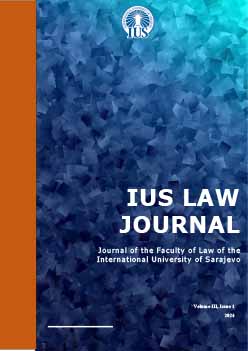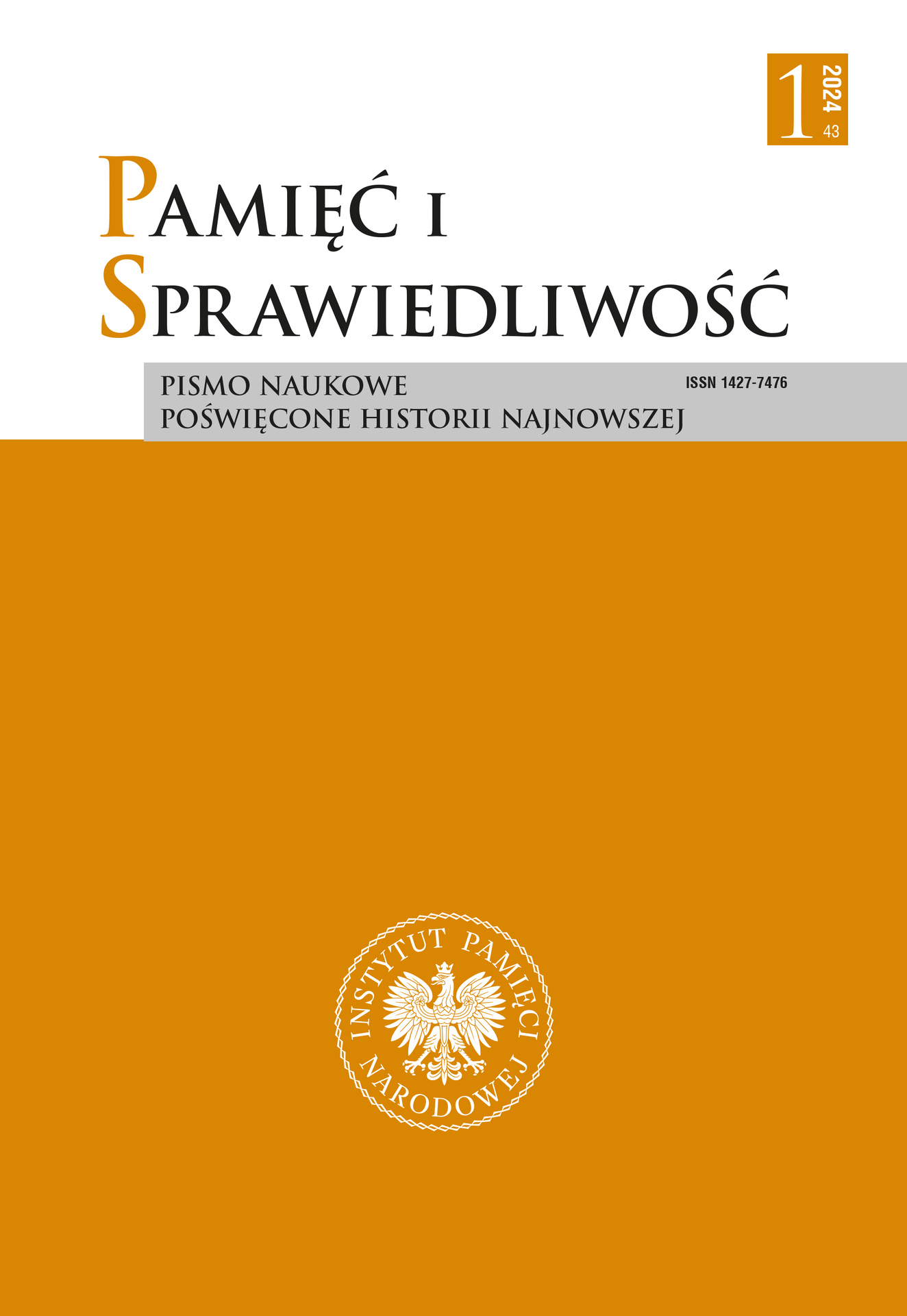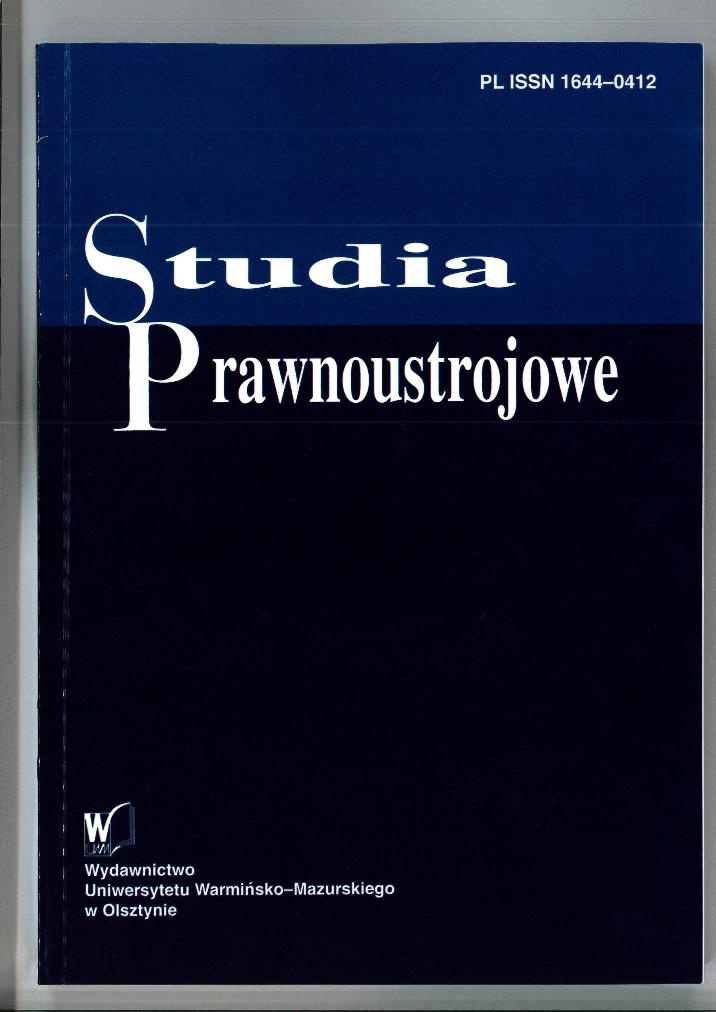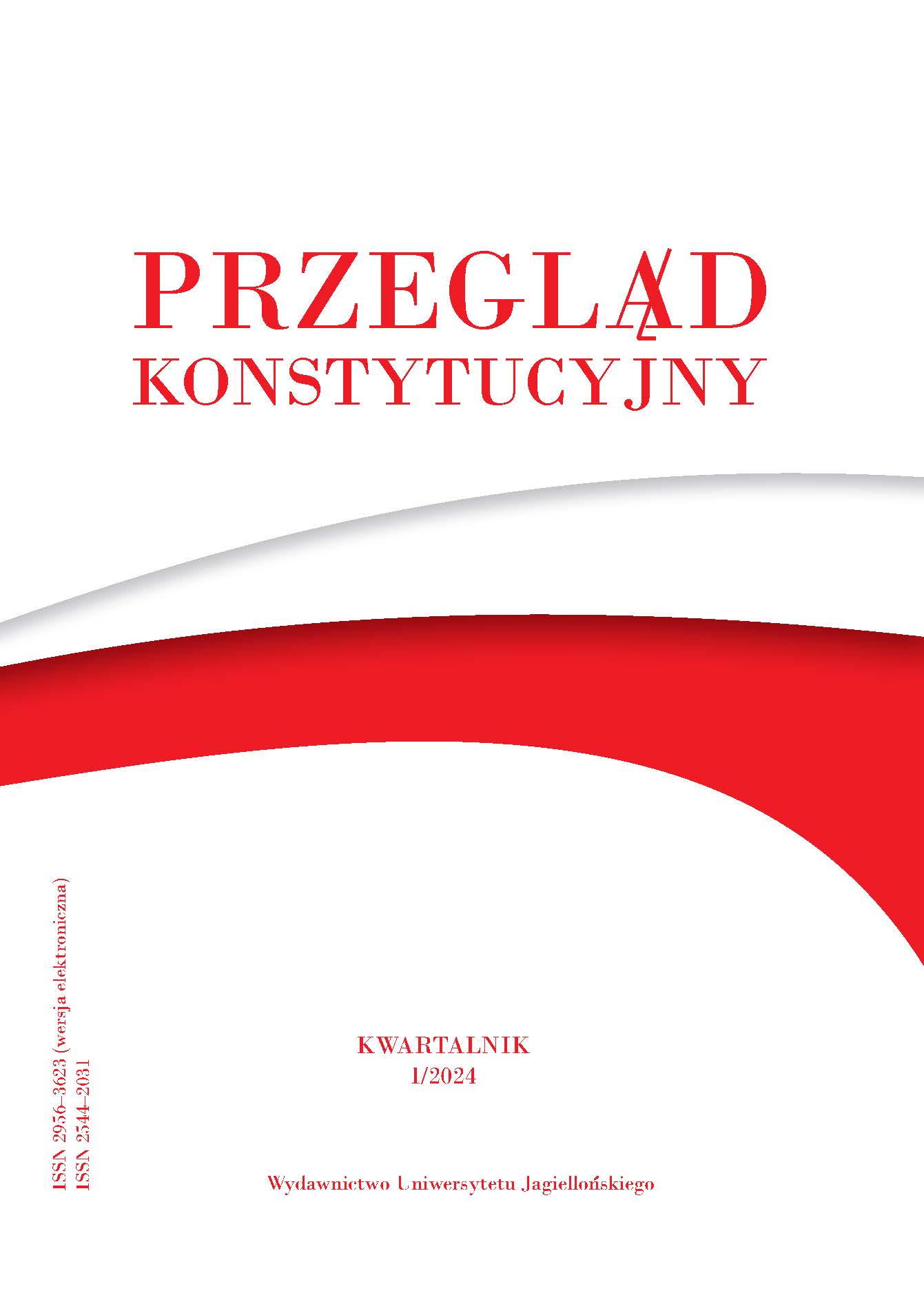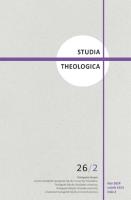
Zpovědní tajemství a trestněprávní souvislosti s právem ČR
The article focuses on the secrecy of confession, which is primarily a matter of ecclesiastical law, and its reflection in secular law, especially in the law of the Czech Republic. On the basis of the definition of the nature of secrecy of confession, including its historical context, and an analysis of legal regulations, especially in the field of penal law, we have tried to present the relationship of the law of the Czech Republic to the protection of secrecy of confession. The analysis of the law on the constitutional and statutory level demonstrates that the protection of confessional secrecy is not sufficiently ensured, or that there are significant uncertainties in relation to the criminal liability for failure to prevent a crime and the obligation to disclose information/testify in criminal proceedings. Although, through the methods of finding the law, we have concluded that criminal liability for insisting on confidentiality (protection) of confessional secrecy, as well as for violation of the statutory duty to disclose information/testify in criminal proceedings are rather hypothetical, and would hardly stand up in the Constitutional Court, they may still cause a confessor a difficult dilemma as to whether to violate the secrecy of confession under threat of excommunication or, on the contrary, not comply with the law of the Czech Republic.
More...
